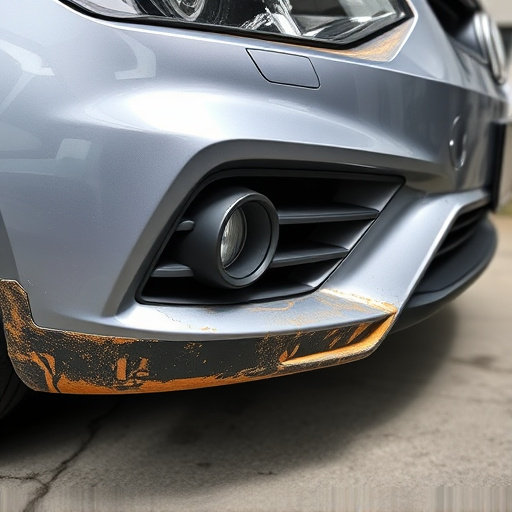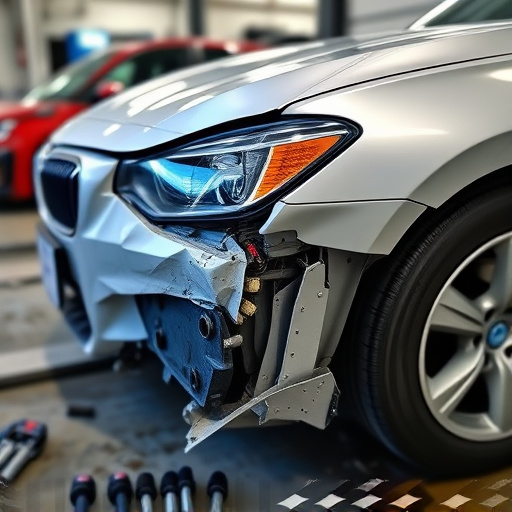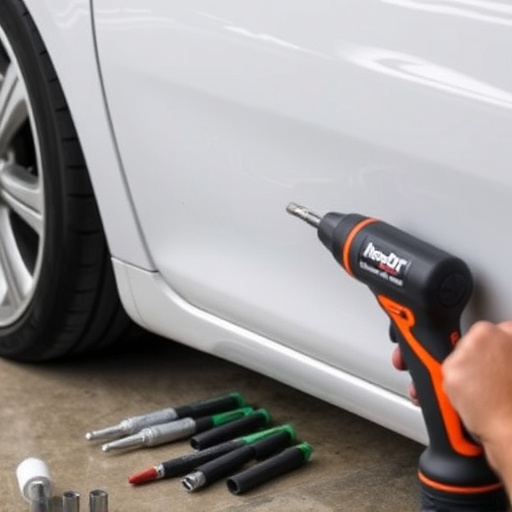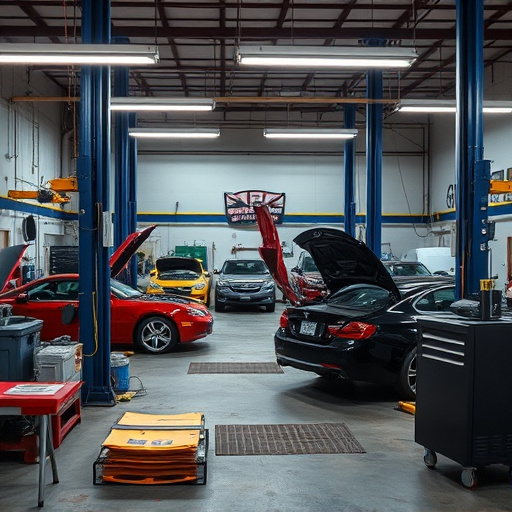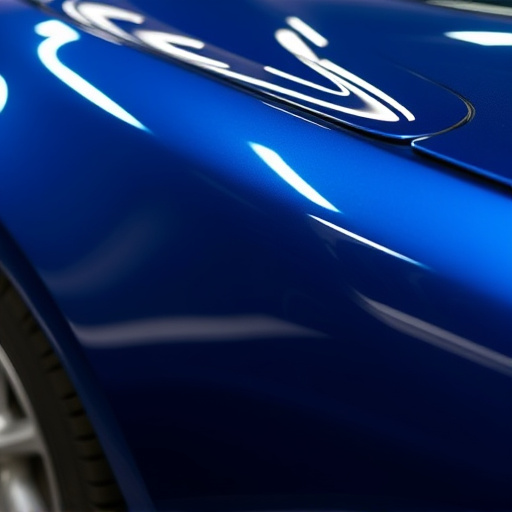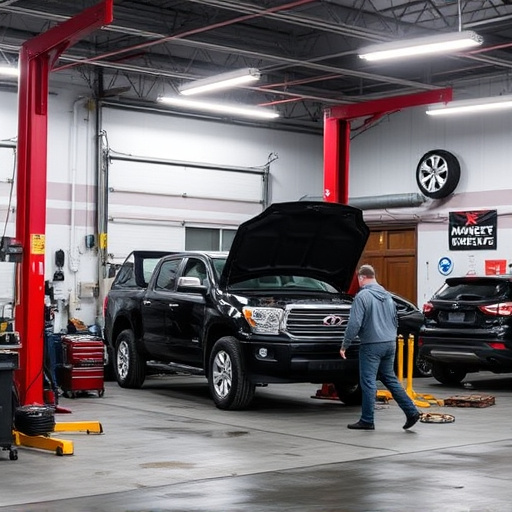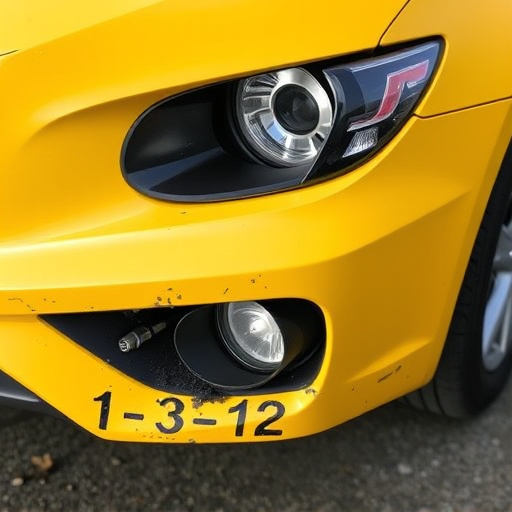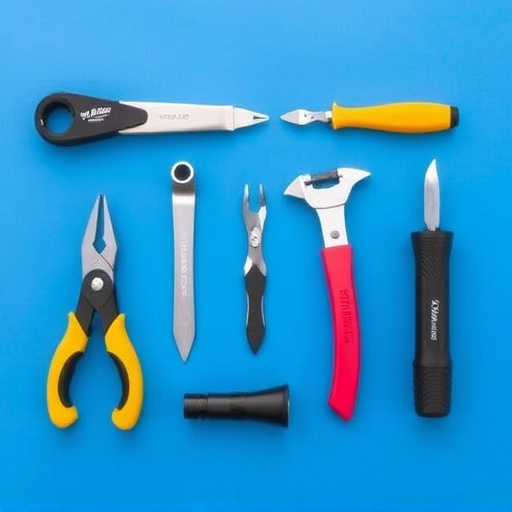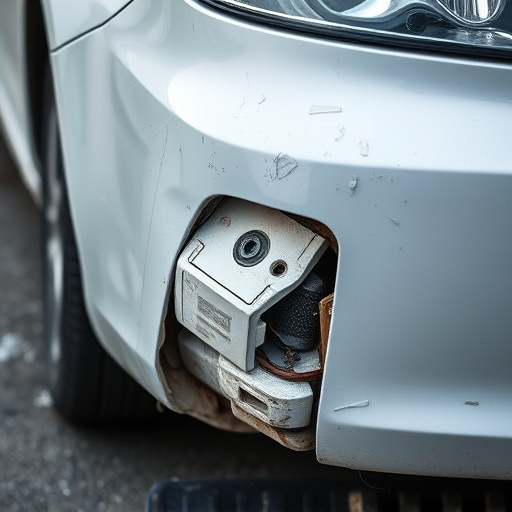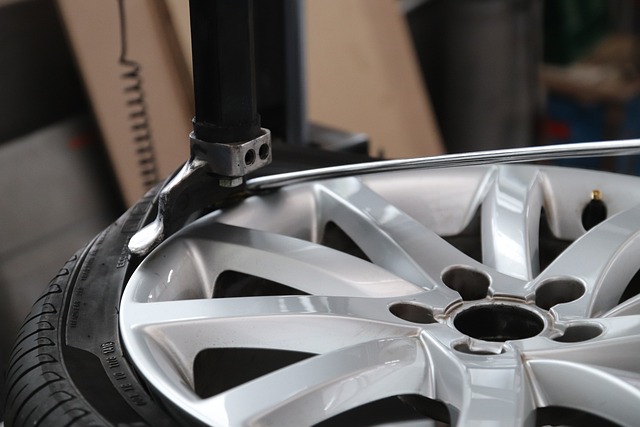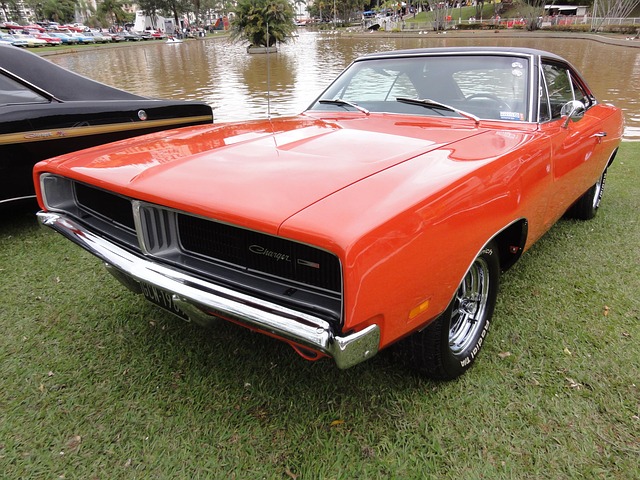Mercedes infrared-reflective glass, with its sophisticated heat-managing coatings, requires precise engineering for repair. While aftermarket shops offer cost savings, faster service, and more options, they face challenges in matching OEM performance. By adopting advanced technologies and industry standards, these shops can provide accurate replacements that enhance vehicle safety and comfort without compromising quality or convenience.
Can aftermarket shops match the precision of original equipment when replacing Mercedes infrared-reflective glass? This article delves into the technology behind Mercedes’ innovative glass, exploring its advantages and unique properties. We weigh the benefits of using aftermarket shops for cost-effectiveness and accessibility, while also examining the challenges they face in accurately replicating Mercedes’ advanced infrared-reflective glass technology. Discover solutions that ensure optimal performance and safety.
- Understanding Mercedes Infrared-Reflective Glass Technology
- Advantages of Aftermarket Shops for Glass Replacement
- Accurate Replacement: Challenges and Solutions Compared
Understanding Mercedes Infrared-Reflective Glass Technology
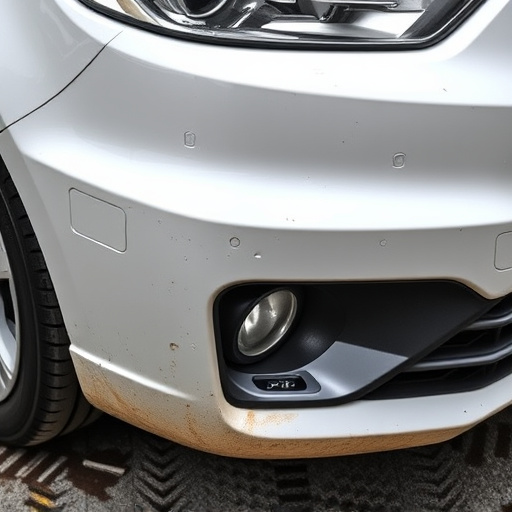
Mercedes infrared-reflective glass is a cutting-edge technology that sets the brand apart in the automotive industry. This advanced glass type is designed to do more than just protect against the elements; it actively reflects and manages infrared radiation, keeping interiors cool and comfortable, even under direct sunlight. The process involves coating the glass with special materials that interact with heat, preventing it from entering the vehicle.
While aftermarket shops can offer various solutions for repair and replacement, accurately replicating this specific technology is a complex task. Mercedes’ infrared-reflective glass isn’t just about applying a layer of paint or film; it requires precise engineering to match the original specifications. Reputable shops invest in advanced equipment and employ skilled technicians to ensure they can deliver high-quality results that not only replace but also enhance the performance of the luxury vehicle repair, mirroring the brand’s standards for excellence, particularly when it comes to hail damage repair and vehicle paint repair.
Advantages of Aftermarket Shops for Glass Replacement
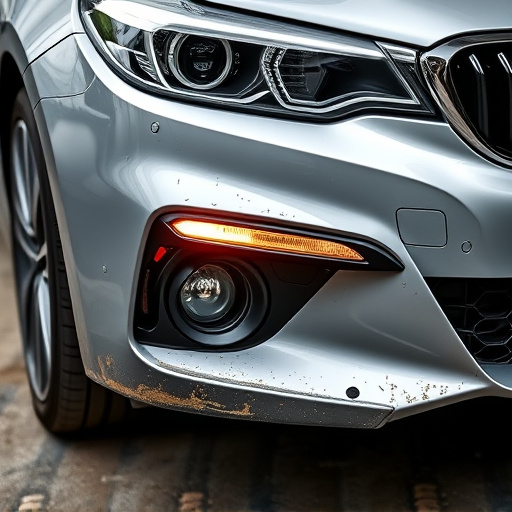
Aftermarket shops offer several advantages when it comes to replacing Mercedes infrared-reflective glass accurately and efficiently. One significant benefit is cost-effectiveness. These shops often provide comparable quality at a fraction of the price charged by dealership or specialized glass repair centers. This affordability makes them an attractive option for car owners looking to save money without compromising on safety and performance.
Additionally, aftermarket shops generally have faster turnaround times due to their streamlined processes and reduced overhead costs. They may also offer a wider range of glass options, including various tints and coatings, allowing drivers to customize their vehicle’s aesthetic and functional needs. Moreover, these shops often provide convenience with mobile services or drive-thru options, making the glass replacement process more accessible and less disruptive to one’s daily routine, especially when compared to the time and inconvenience associated with visiting a collision center or body shop for bumper repair.
Accurate Replacement: Challenges and Solutions Compared
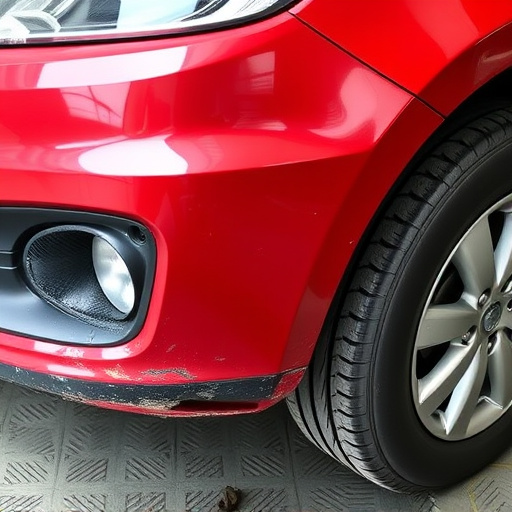
Mercedes infrared-reflective glass, a feature that enhances vehicle safety and comfort, requires precise replacement to maintain its effectiveness. Aftermarket shops face significant challenges in accurately replicating this technology due to the intricate manufacturing processes and specific material properties involved. While they may offer cost-effective solutions, achieving the same level of performance as OEM (original equipment manufacturer) parts can be difficult.
However, these shops can mitigate such issues by employing advanced technologies and staying updated with industry standards for collision repair services, including bumper repair. They can invest in specialized tools and training to ensure proper alignment and fitting, thus enhancing the overall quality of their work. Additionally, utilizing high-quality materials from reputable suppliers can significantly improve the accuracy of aftermarket replacements, ensuring they meet or exceed the performance criteria set by automotive manufacturers.
While aftermarket shops offer numerous advantages, accurately replacing Mercedes infrared-reflective glass remains a complex task. While some shops have adapted to meet these challenges, ensuring the same level of performance and safety as original equipment requires meticulous attention to detail and specific expertise. Consumers seeking replacement should prioritize shops with proven experience in handling advanced technologies like Mercedes infrared-reflective glass for optimal results.

